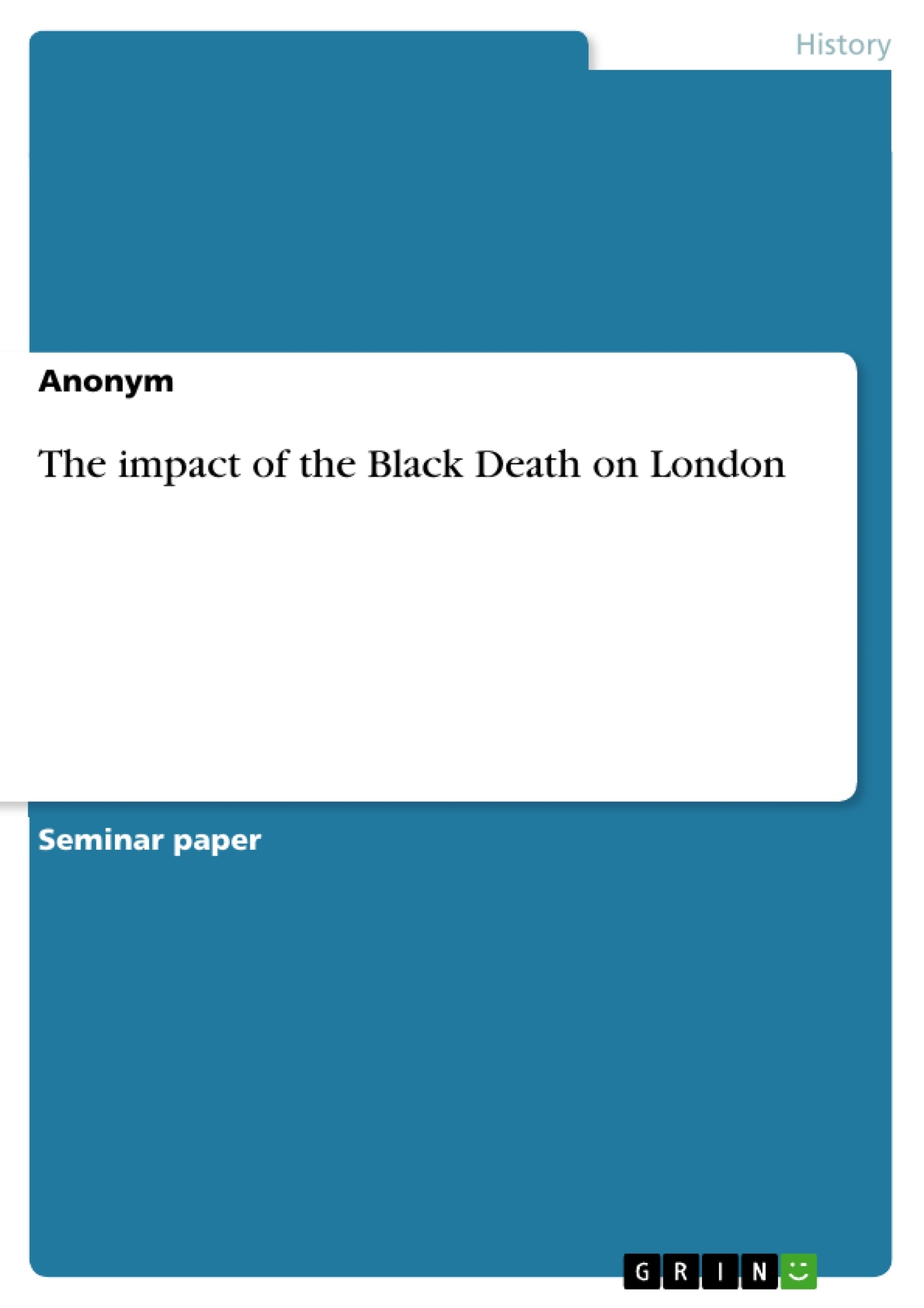The Black Death, the plague pandemic that killed 25 to 75 per cent of Europeans from 1346 to 1353, was the deadliest pandemic recorded in history. Today, almost 700 years later, we are in the midst of the global SARS-CoV-2 pandemic that has disrupted our everyday lives in almost every aspect. Having killed millions of people and infected hundreds of millions more, it will most likely deeply affect our society, economy, and culture, just like the Plague caused long-term cultural and social transformations.
Like the Pestilence, the Covid-19 pandemic was an unexpected catastrophe that originated in East Asia and was brought to Europe through Italy. Of course, there are differences, like the total world population, the characteristics of the disease, the civilisational conditions and medical knowledge. However, despite an immense scientific, socio-economic and mental gap, there are still many similarities in the consequences of the disease. There are profound effects on the global economy, culture, and mobility of the Middle Ages and today. The economic activity of businesses and companies, travel, cultural events, and personal relations are all limited. These extreme changes have significantly impacted our way of life, attitudes, and behaviours. Even human reactions are similar in some ways. We can compare the psychological effect of living reckless, immoral lives in the 14th century to the so-called ‘corona parties’ of 2021.
The Great Mortality had intense effects on medieval Europe, including London, where it was particularly disastrous and claimed tens of thousands of lives. That is why the city serves as an exceptional example of the pandemic’s consequences on all the various areas of medieval life. This paper examines the impact of the Black Death on London by first establishing an understanding of the plague, its origins, and its spread to the city. Then, it will portray the impact in a series of selected examples: the decrease in population, psychological, religious, and medical effects. Finally, the most important results are going to be summarised in the conclusion.
Table of Contents
- Parallels between the Black Death and the Covid-19 pandemic
- The Black Death
- The history
- The disease
- Origins and spread
- An image of London in the 1340s and the arrival of the plague
- The impact on London in a series of selected examples
- Decrease in population
- Psychological effects
- Religious effects
- Decline of the faith in the Church
- The flagellants
- Medical effects
- Resumé of the most important results
- The history
- The value of studying the Black Death for today
Objectives and Key Themes
This paper aims to analyze the impact of the Black Death on London in the 14th century by drawing parallels with the current COVID-19 pandemic. It seeks to highlight similarities and differences in the effects of these two major plagues on society, culture, and the economy. By comparing historical events with contemporary experiences, the paper aims to gain a deeper understanding of the lasting consequences of pandemics.
- The Black Death's historical context and its origins and spread
- The devastating impact of the plague on London's population, social structures, and economy
- The psychological, religious, and medical consequences of the Black Death
- The parallels and differences between the Black Death and the COVID-19 pandemic
- The value of studying the Black Death in understanding current pandemic challenges.
Chapter Summaries
- Chapter 1: Parallels between the Black Death and the Covid-19 pandemic: This chapter introduces the Black Death and the COVID-19 pandemic, highlighting their similarities and differences. It emphasizes the profound impact of both pandemics on various aspects of society, culture, and the economy.
- Chapter 2: The Black Death: This chapter explores the history of the Black Death, including the nature of the disease, its origins, and its spread. It provides an overview of the disease's symptoms, its modes of transmission, and its historical context.
- Chapter 2.1: The history: This chapter delves deeper into the historical context of the Black Death, focusing on its origins, its spread through Europe, and its arrival in London. It discusses the impact of the plague on the city and its inhabitants, including the decrease in population, psychological effects, religious beliefs, and medical practices.
- Chapter 2.2: The impact on London in a series of selected examples: This chapter examines the consequences of the Black Death in London, focusing on the decrease in population, the psychological effects of the plague, the impact on religious beliefs, and the medical responses to the disease.
Keywords
The Black Death, Yersinia pestis, plague pandemic, medieval London, population decline, psychological effects, religious beliefs, medical practices, COVID-19 pandemic, global health, social transformation, historical parallels, societal impact.
- Quote paper
- Anonym (Author), 2021, The impact of the Black Death on London, Munich, GRIN Verlag, https://www.hausarbeiten.de/document/1351399


